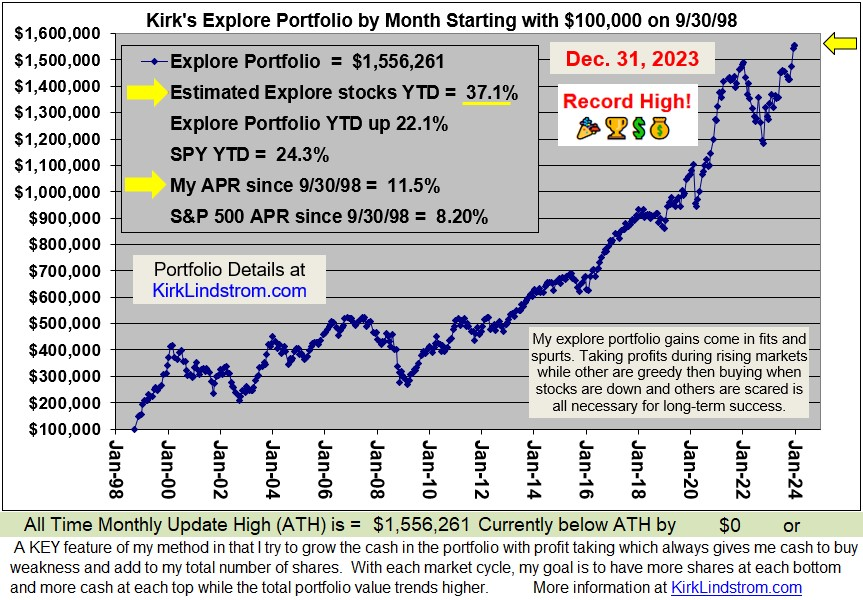The International Money Fund, IMF, expects slow but steady economic recovery for the United States two years after the worst of the financial crisis.
In the June 20, 2011 "Concluding Statement of the 2011 Article IV Mission to The United States of America" the IMF makes the following forecast for US GDP growth:
- 2011: 2.5 percent
- 2012: 2.7 percent
- 2013: 2.7 percent
- 2014: 2.9 percent
- 2015: 2.9 percent
- 2016: 2.8 percent
The IMF notes:
The recovery has proceeded at a relatively slow pace, as in the aftermath of other severe financial crises, and has recently weakened. Monetary and fiscal policies have continued to support demand in the last two years, but the ongoing repair of household balance sheets amidst declining house prices and high unemployment have weighed on private consumption, while construction activity has remained depressed. On the positive side, exports have recovered markedly and financial conditions have improved, bolstered by unprecedented liquidity support. Core inflation has started to firm from historic lows. Recent indicators point to a growth slowdown in the first half of 2011, which appears related to increases in world oil prices, as well as to transient factors such as the disruptions to global supply chains from the Japanese earthquake.
The IMF notes many downside risks:
- Continued housing market weakness, with the possibility of further house price declines reducing household wealth and, thus, weighing on private consumption.
- Unfavorable fiscal outcomes. These could take the form of a sudden increase in interest rates and/or a sovereign downgrade if an agreement on consolidation does not materialize or the debt ceiling is not raised soon enough. These risks would also have significant global repercussions, given the central role of U.S. Treasury bonds in world financial markets. At the opposite extreme, an excessively large upfront fiscal adjustment could also significantly weaken domestic demand.
- Further commodity price shocks, which could impact both growth and inflation.
- Tight credit supply conditions—with weak securitization markets and tight loan standards for most sectors—which may become more binding as credit demand recovers.
- Challenging conditions for some European sovereigns that might trigger new global financial shocks.
On the positive side, the recovery could surprise on the upside if confidence improves and pent-up demand for consumer durables materializes more quickly, or if hiring picks up faster than expected, given healthy corporate balance sheets.
For more projections, see IMF Economic Forecast for US GDP growth, Inflation, Unemployment and Current Account




No comments:
Post a Comment